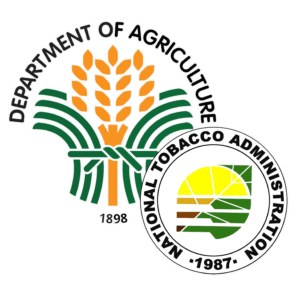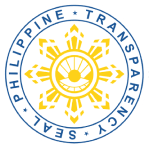
By Freddie G. Lazaro
The National Tobacco Administration (NTA) cited the vital role of the media in curbing illicit tobacco trade in a forum held at Clark, Pampanga on Saturday, November 9, 2024.
Dubbed as “Media in the Time of Fakes,” the forum participated by 50 media participants from Central Luzon to tackle the issues of the proliferation of fake news and counterfeited products.
NTA Administrator and CEO Belinda S. Sanchez expressed the agency’s strong support with the Philippine Tobacco Institute (PTI) to the initiative of the National Press Club (NPC) in spearheading the event to help boost awareness on the concern of fake or illicit cigarettes.
She also acknowledged the continuing alliance of the media and the NTA in disseminating information about the tobacco industry.
While the proliferation of fake news is the media industry’s great concern, she said that the tobacco agency is also facing a challenge with the rising spread of fake or illicit cigarettes.
“Katulad din niyo, kami po sa industriya ng tabako ay may problema din sa fake o illicit cigarettes,” she said.
She mentioned the significant role of the media as information multipliers in the campaign against the illicit tobacco trade and rampant cigarette smuggling.
Atty. Rohbert A. Ambros, the manager of the NTA’s Regulations Department, highlighted during the forum the high prevalence of illicit tobacco trade in Central Luzon and the rampant proliferation of illegal cigarettes in Mindanao.
Based on the estimates of the Bureau of Internal Revenue (BIR), the national government had incurred revenue loss of up to P100 billion annually due to illicit tobacco trade.
NTA Deputy Administrator for Support Services (DASS) Benedicto M. Savellano and Elnesto Policar also joined during the forum.
Earlier, the NTA called on a multi-faceted approach in the campaign against the illicit tobacco trade.
The tobacco agency cited that strengthened national policies, enhanced regional cooperation, improved enforcement mechanisms, and increased public awareness are needed to combat illicit tobacco trade.
“The illicit tobacco trade is a significant challenge, adversely impacting government revenues, public health, national security, and the livelihoods of Filipino farmers,” it said.
At present, there are 2.2 million Filipinos who are financially dependent on tobacco including more than 430,000 farmers, farm workers, and their family members.
The illegal trade undermines legitimate businesses and leads to substantial revenue losses, affecting resources for public services like universal health care.
The NTA also cited that a coordinated approach will help mitigate the impact of illicit trade, ensuring a more stable and secure environment for the tobacco industry.





